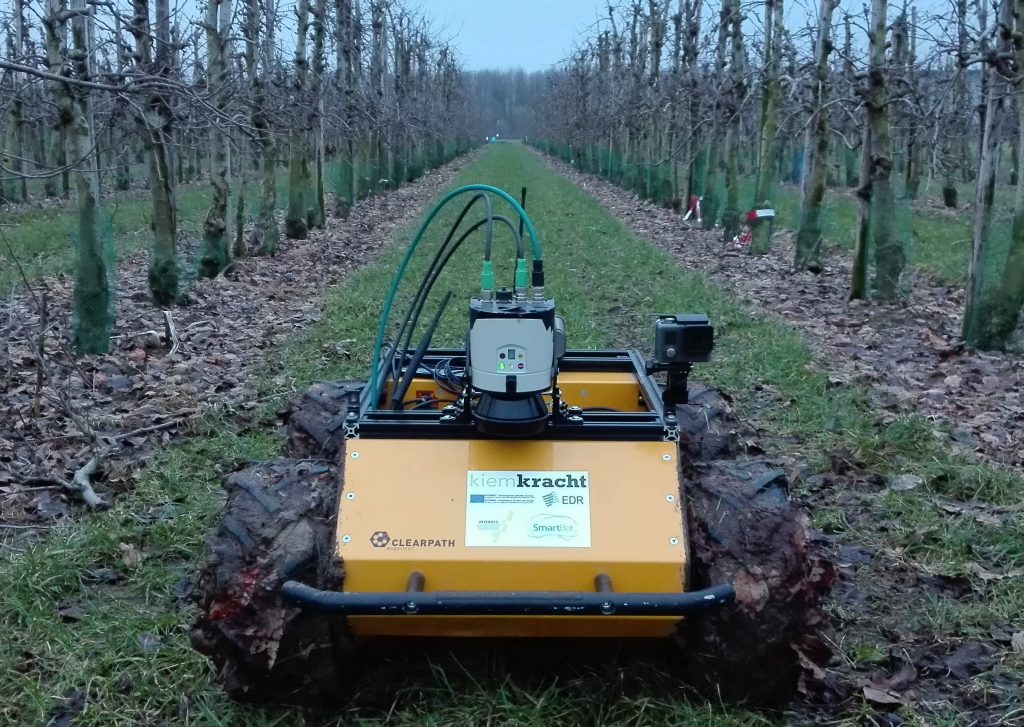The U.S. Bureau of Labor Statistics (BLS) released the April jobs report showing that employers created 263,000 jobs and pushed the unemployment rate down to 3.6%. That is the lowest rate of unemployment since December of 1969, almost 50 years ago, according to the Society for Human Resource Management. Unemployment declined for almost all demographic groups in the country. The average weekly hours worked across private-sector, nonfarm jobs was 34.4 hours and the average overtime worked in manufacturing jobs was 3.4 hours, according to BLS. From the employer perspective, in other words, it’s the tightest job market in 50 years. Average weekly earnings for April 2019 was $785.55 compared to $762.19 in April 2018, an increase of 3%.
We’re simply running out of people to fill jobs in this country but robots are coming more quickly than we might have thought. Agricultural engineers at the Dutch university, Wageningen UR claim that in agriculture robots will “be doing all the menial, repetitive work in 10 to 20 years from now.” This is largely driven by the difficult and repetitive nature of much frontline farm work and by the worldwide shortage of farm employees. Earlier this year an apple picking robot was commercially used in New Zealand. Will robots eliminate all jobs in agriculture, certainly not! Automation and mechanization have been part of agriculture for at least 150 years already. There will always be need for skilled agriculturists who understand plant and animal biology, can organize production, keep machines running, work effectively with others to solve problems, and can market their products successfully. Exciting times are ahead as we learn to make the most of rapidly developing robotic technologies!

__________________________________________________________________
By Richard Stup, Cornell University. Permission granted to repost, quote, and reprint with author attribution.
The post Unemployment Hits 50 Year Low and Ag Robots Are On the Horizon appeared first on Cornell Agricultural Workforce Development

